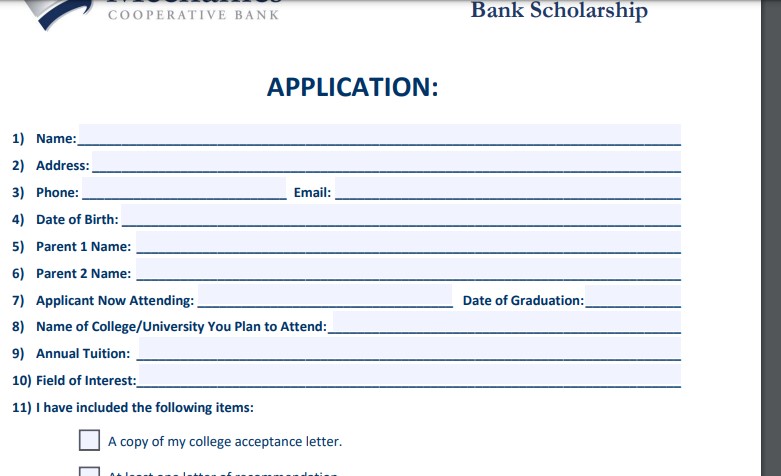Navigating the academic challenges of college can be both exhilarating and overwhelming for students. One of the most critical aspects of college life is preparing for exams, as they often play a significant role in determining your overall academic success. Effective exam preparation involves a combination of strategic planning, time management, and adopting study techniques that suit your learning style. In this comprehensive guide, we’ll explore the ultimate exam preparation strategies tailored to the unique demands of college life.
- Understand the Exam Format:
Before diving into your study routine, it’s crucial to understand the format of the exams you’ll be facing. Are they multiple-choice, essay-based, or a combination of both? Knowing the structure will help you tailor your preparation to match the exam’s demands. Take note of the weighting of different sections and prioritize your study efforts accordingly.
- Create a Realistic Study Schedule:
Time management is a cornerstone of successful exam preparation. Create a realistic study schedule that takes into account your class timetable, extracurricular activities, and personal commitments. Break down your study sessions into manageable chunks, ensuring you cover all topics before the exam date. Consider using productivity tools and apps to help you stay organized and on track.
- Active Learning Techniques:
Engage with the material actively rather than passively reading through your notes. Utilize techniques such as flashcards, concept mapping, and summarization to reinforce your understanding. Teaching the material to someone else or discussing it in study groups can also enhance your comprehension and retention.
- Prioritize and Focus on Weak Areas:
Identify your weak areas early on and prioritize them in your study plan. It’s natural to gravitate towards subjects you enjoy, but allocating more time to challenging topics will pay off in the long run. Seek help from professors, classmates, or online resources if you’re struggling with specific concepts.
- Practice with Past Papers:
Familiarize yourself with the type of questions that might appear in the exam by practicing with past papers. This not only helps you understand the exam format but also improves your time management skills. Analyze your mistakes and use them as learning opportunities to refine your knowledge.
- Healthy Lifestyle Choices:
Maintaining a healthy lifestyle is often underestimated during exam preparation. Ensure you get adequate sleep, eat a balanced diet, and engage in regular physical activity. These habits contribute to improved concentration, memory retention, and overall well-being, enabling you to perform at your best during exams.
- Use Technology Wisely:
Leverage technology to enhance your study experience. Online resources, educational apps, and digital note-taking tools can complement traditional study methods. However, be mindful of potential distractions, and set boundaries to maximize the benefits of technology.
- Take Breaks and Reward Yourself:
Avoid burnout by incorporating short breaks into your study sessions. Reward yourself after achieving study milestones to stay motivated. Recognizing your efforts will help maintain a positive mindset throughout the exam preparation period.
- Simulate Exam Conditions:
As the exam date approaches, simulate actual exam conditions during your practice sessions. Time yourself, create a quiet study environment, and limit distractions to mimic the pressure of the real exam. This helps build confidence and reduces anxiety on the actual exam day.
Conclusion:
Navigating the challenges of exam preparation in college requires a multifaceted approach that encompasses effective time management, active learning, and a focus on overall well-being. By adopting these strategies, you can cultivate a balanced and sustainable approach to exam preparation, setting yourself up for success in both your academic endeavors and future career aspirations. Remember, it’s not just about the grades; it’s about the skills and habits you develop along the way that will serve you well in all aspects of life.




